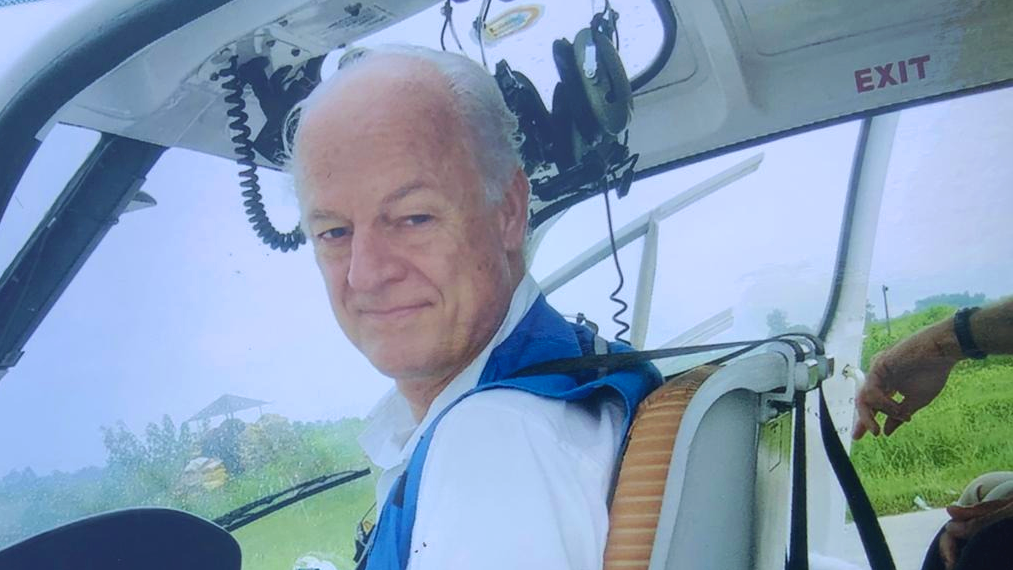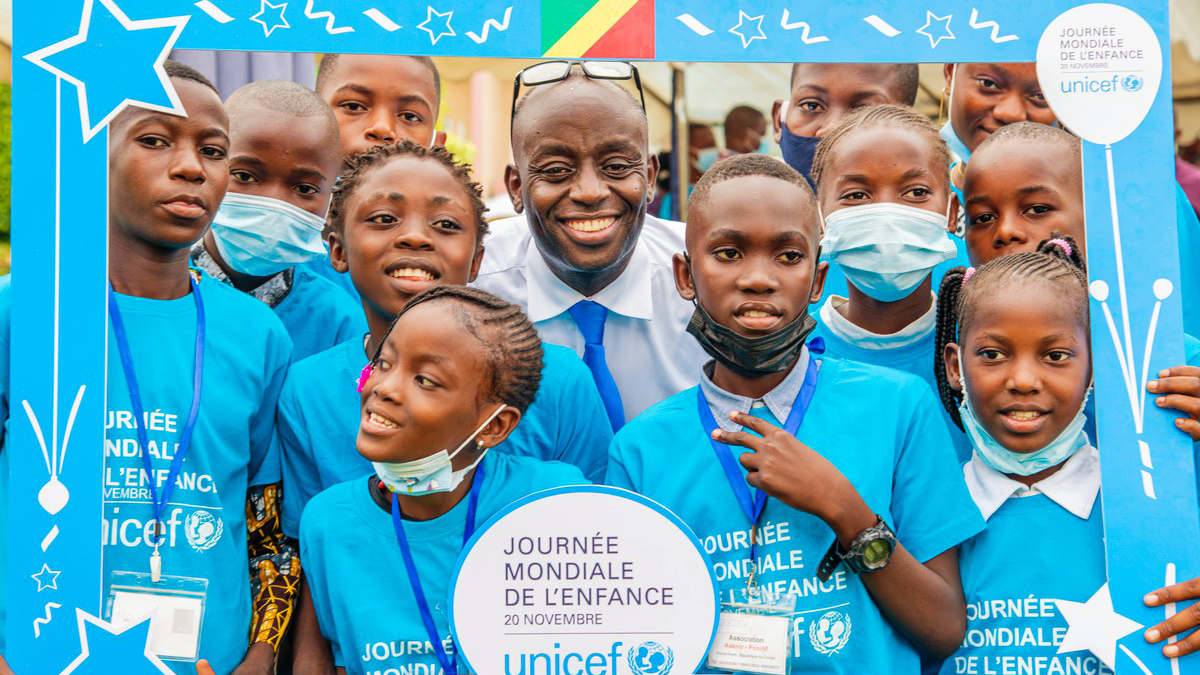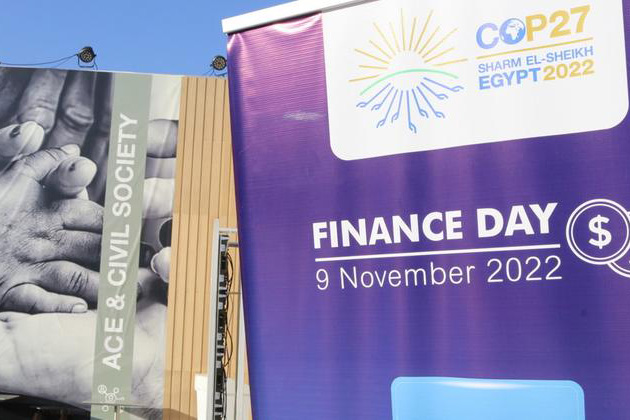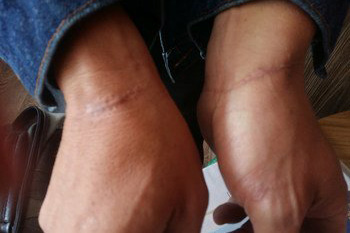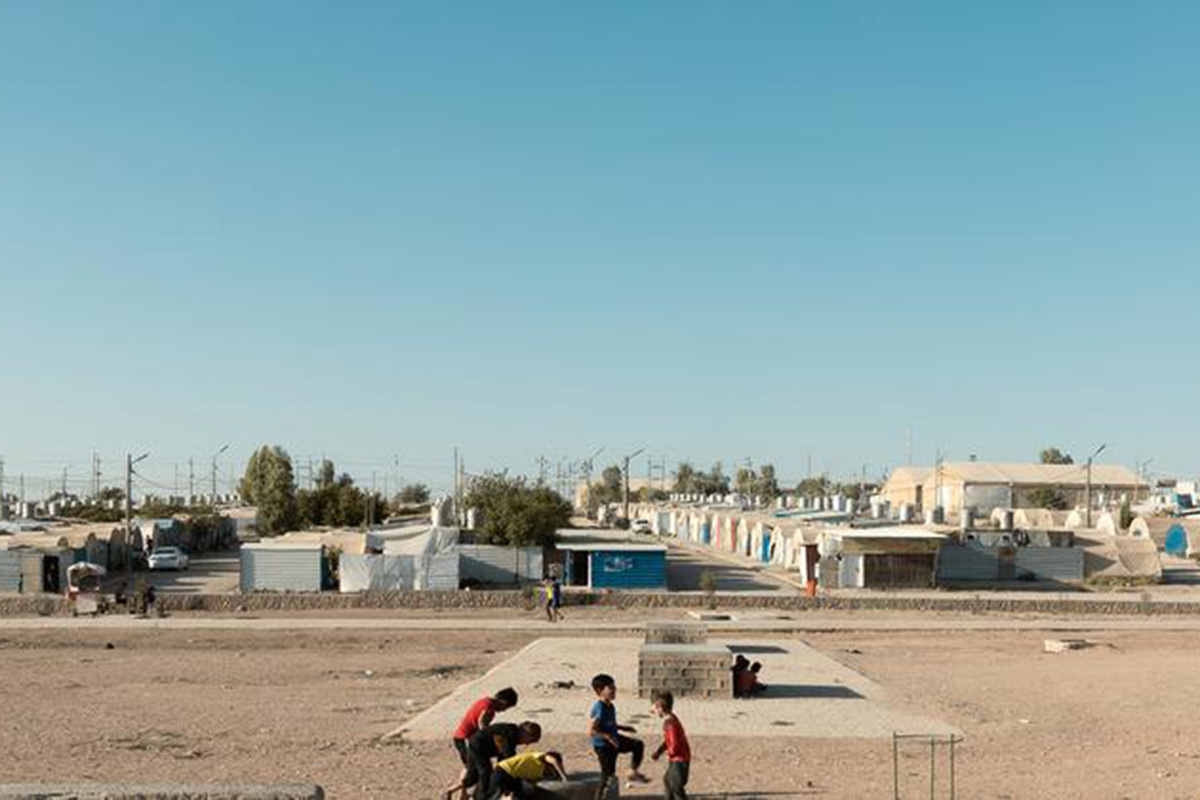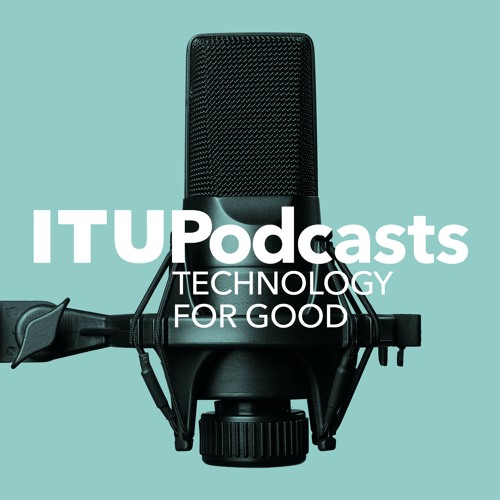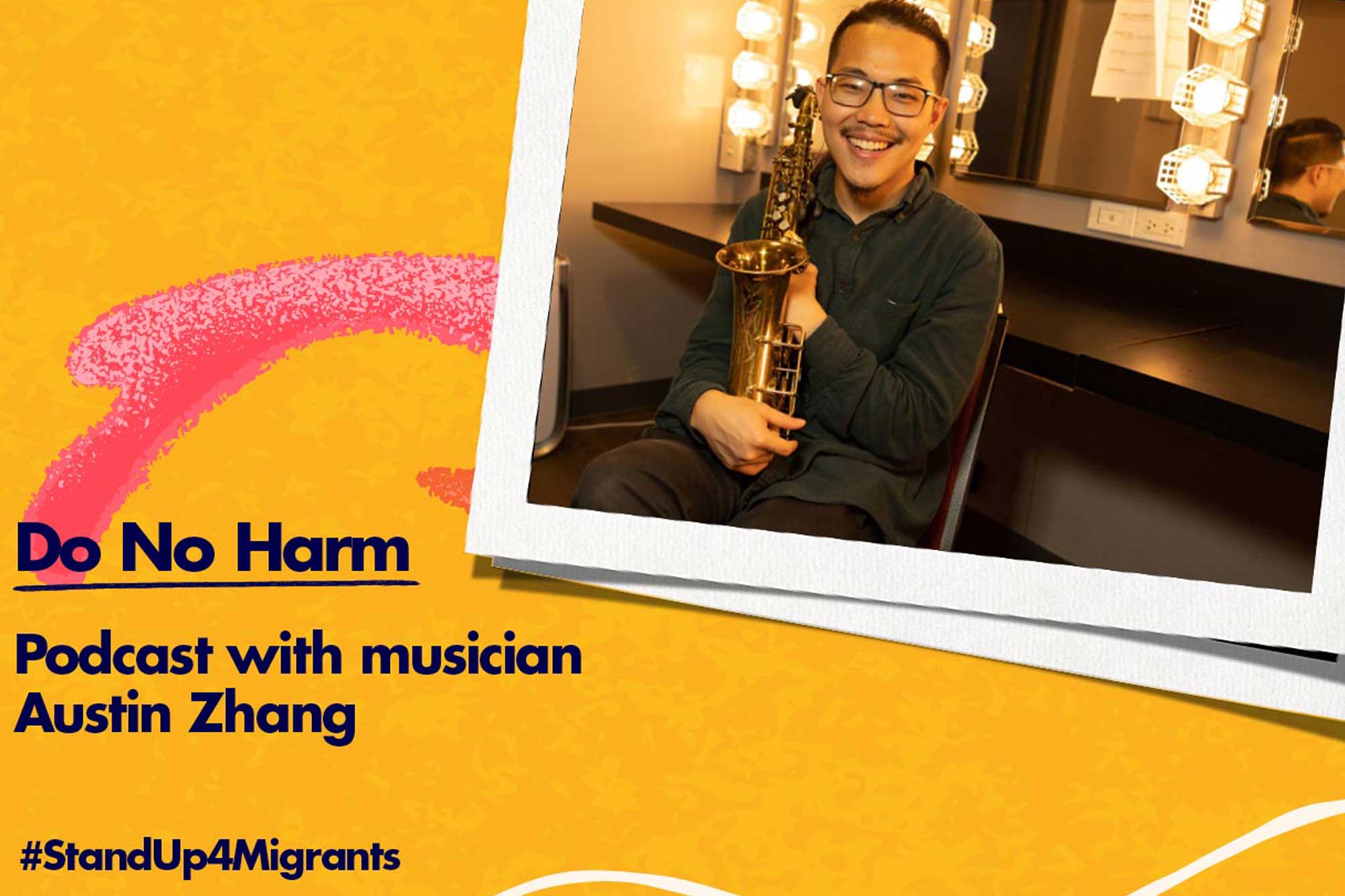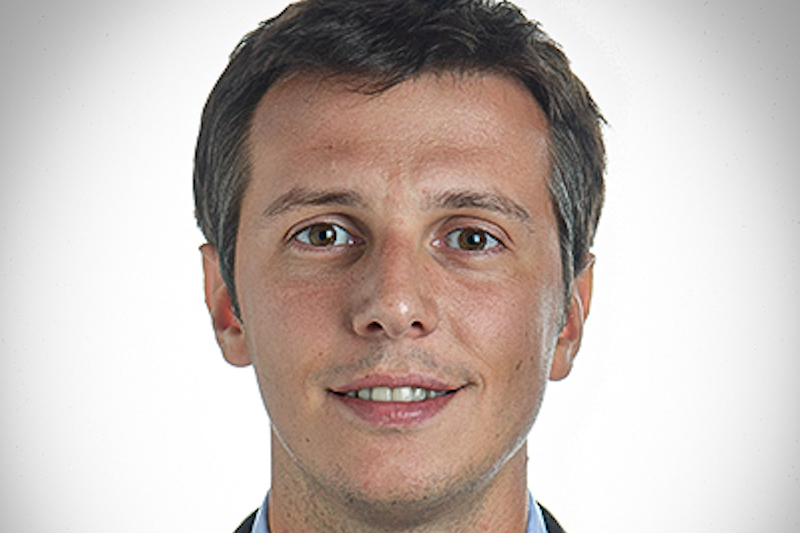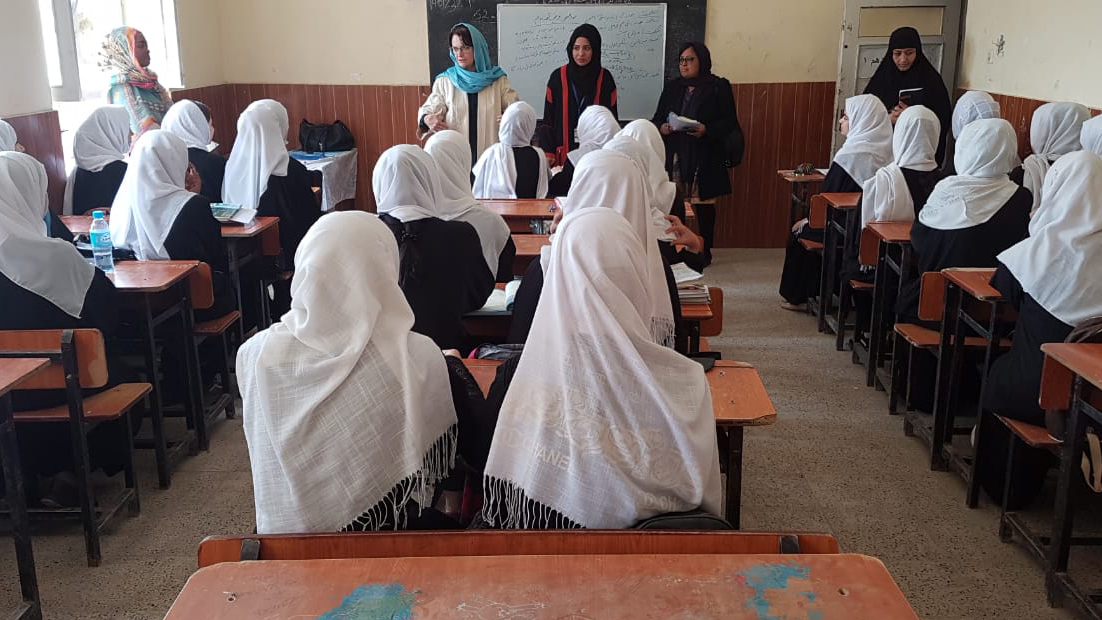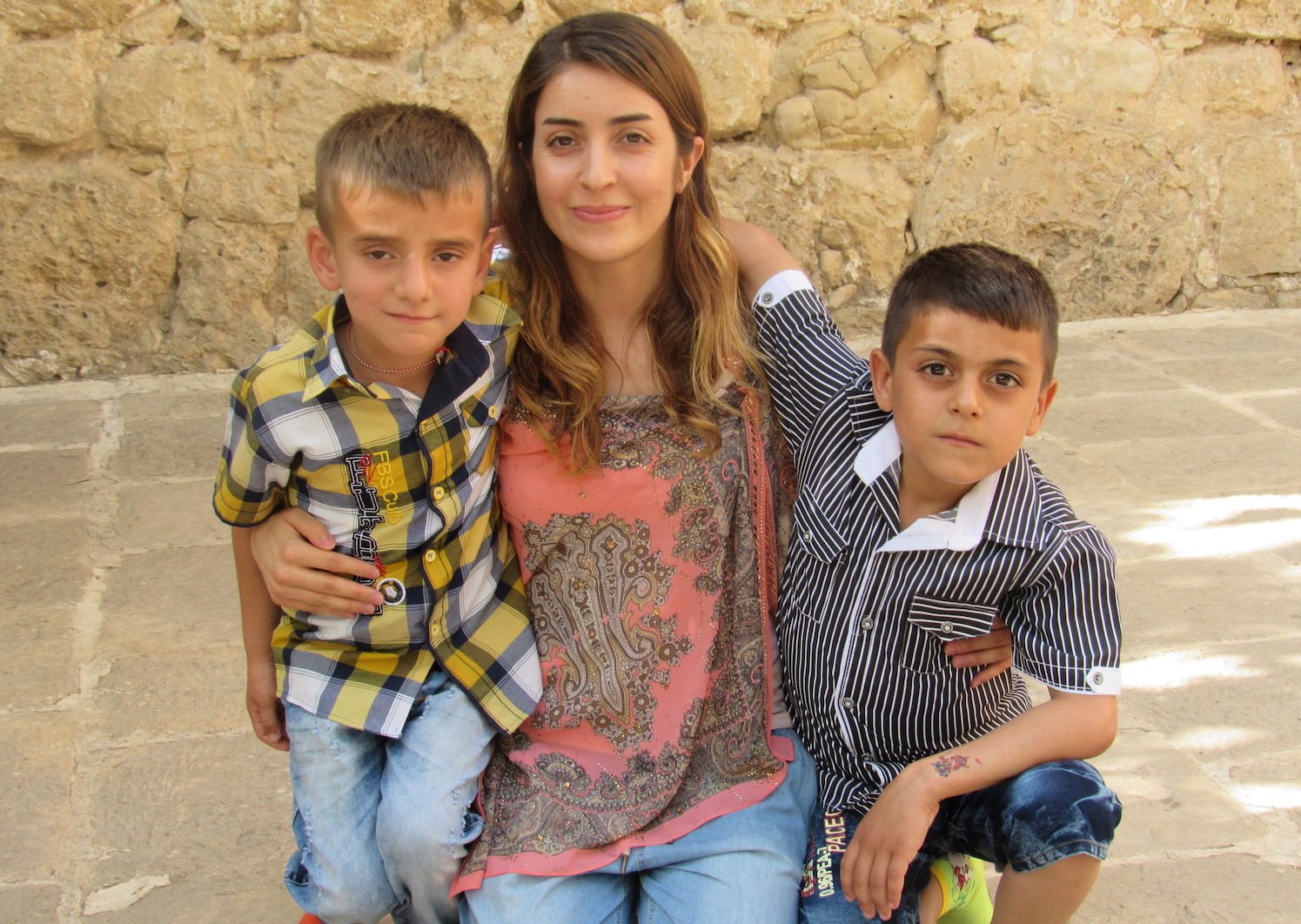“Now as a father with two girls, I just can't imagine the anguish that my mother went through … I wonder how many sleepless nights she had.”
Alfred Orono’s childhood came to an abrupt end when he was recruited as a soldier in Uganda, when he was just 11 years old. Now Chief of Child Protection at the United Nations Mission in South Sudan (UNMISS), he draws on his own experience as a child soldier to help young people find a peaceful way forward.
“I work with children who, when I look at them, I know exactly what's going on in their minds. I know how they feel. And I'm part of the solution to their problems.”
Every year, thousands of children are recruited by warring parties around the world. Yet their troubles rarely end after the conflict is over. Having suffered violence, abuse, and exploitation, many struggle to rebuild their lives. In this episode of Awake at Night, Alfred Orono reflects on his own experience, the hope it gives to former child soldiers, and on living life without regrets.


